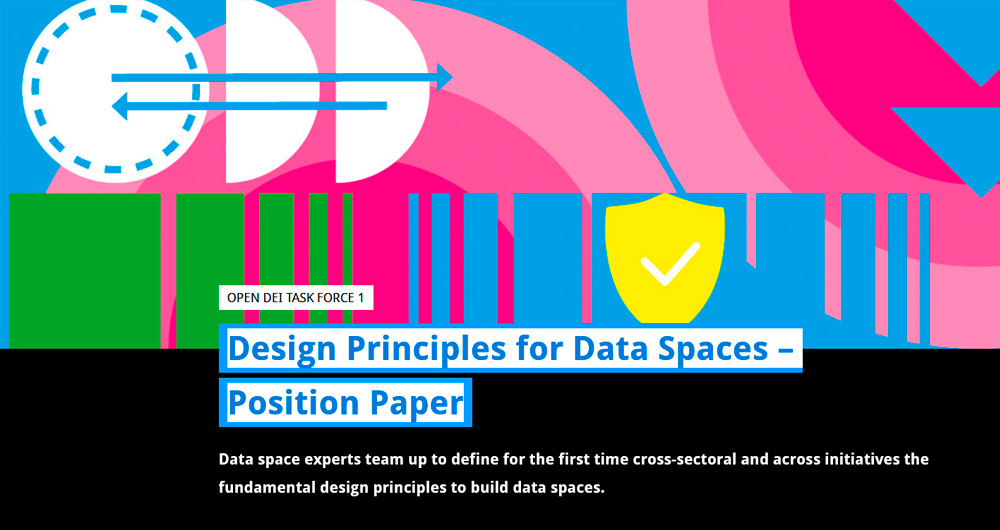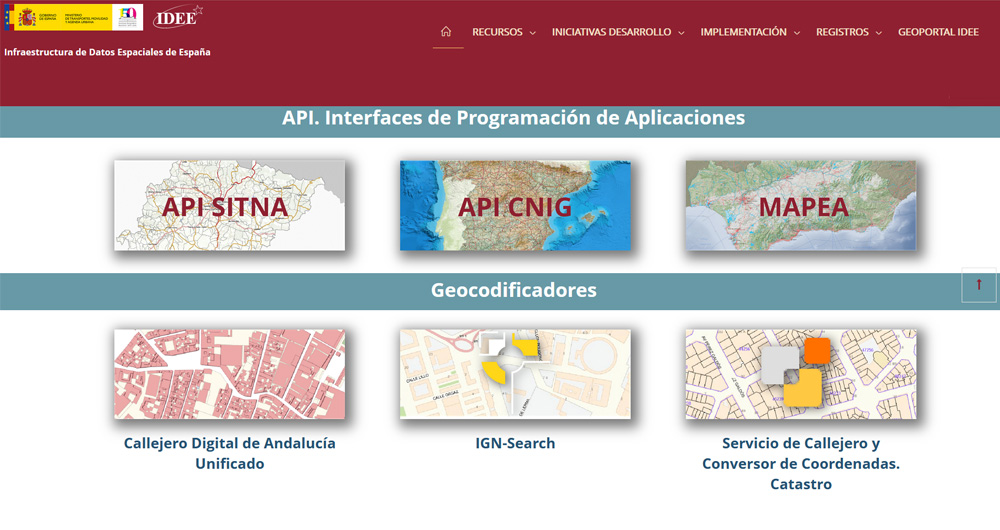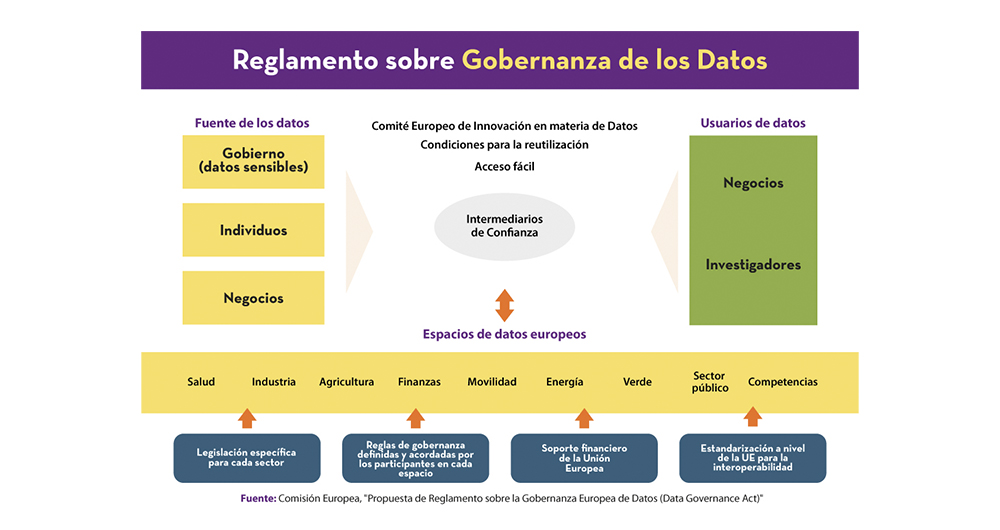11 posts found
The importance of data training for public sector workers
There is no doubt that digital skills training is necessary today. Basic digital skills are essential to be able to interact in a society where technology already plays a cross-cutting role. In particular, it is important to know the basics of the technology for working with data.
In this context, p…
What data governance should look like in open source AI models
Open source artificial intelligence (AI) is an opportunity to democratise innovation and avoid the concentration of power in the technology industry. However, their development is highly dependent on the availability of high quality datasets and the implementation of robust data governance framework…
Vinalod: The tool to make open datasets more accessible
Public administration is working to ensure access to open data, in order to empowering citizens in their right to information. Aligned with this objective, the European open data portal (data.europa.eu) references a large volume of data on a variety of topics.
However, although the data belong to di…
What are the main elements of a data space?
For a data space to function properly, it is necessary to have sufficient actors to cover a set of roles and a set of technological components. These elements enable a common governance framework to be established for secure data sharing, ensuring the sovereignty of the participants over their own d…
The gender gap: inequality is also in the data
Today, 8 March is the day on which we commemorate women's struggle to achieve their full participation in society, as well as giving visibility to the current gender inequality and demanding global action for effective equality of rights in all areas.
However, the data seem to indicate that we still…
The importance of master data management
Data has become the present and future, not only of private organizations, but also of the different public administrations. This is why the benefit derived from data sharing between the different administrations is evident. However, it is not uncommon to find that each one of them maintains its own…
The Spatial Data Infrastructure of Spain (IDEE), a benchmark for geospatial information
Throughout history, geospatial data have allowed humankind to better understand its environment. When we talk about geographic or spatial data, we refer to data "that implicitly or explicitly refer to a location relative to the Earth", according to the Spanish Standard UNE 148004:2018. Generally, th…
The impact assessment of the proposal for a European data governance regulation
The year 2021 is undoubtedly a crucial period for the definitive progress in a regulatory and institutional framework that will enable the promotion of data strategies at both national and European level. As regards the latter, as has been advanced through various media, the main initiative refers t…
Open data: the great allies to eradicate inequality
Is it possible to find in the data the necessary help to solve the real problems that our society faces? While it is true that data alone cannot be transformed into food for the most disadvantaged, nor can it make weapons disappear in conflict zones or inequalities in the world, they are very useful…
Open data as a tool to reduce inequalities
The public sector is not only a great provider of open data, but also one of its main users. Open data facilitates contact and direct communication between governments and citizens. This can drive more efficient and effective public policies.
Among other areas, open data has great potential to devel…









